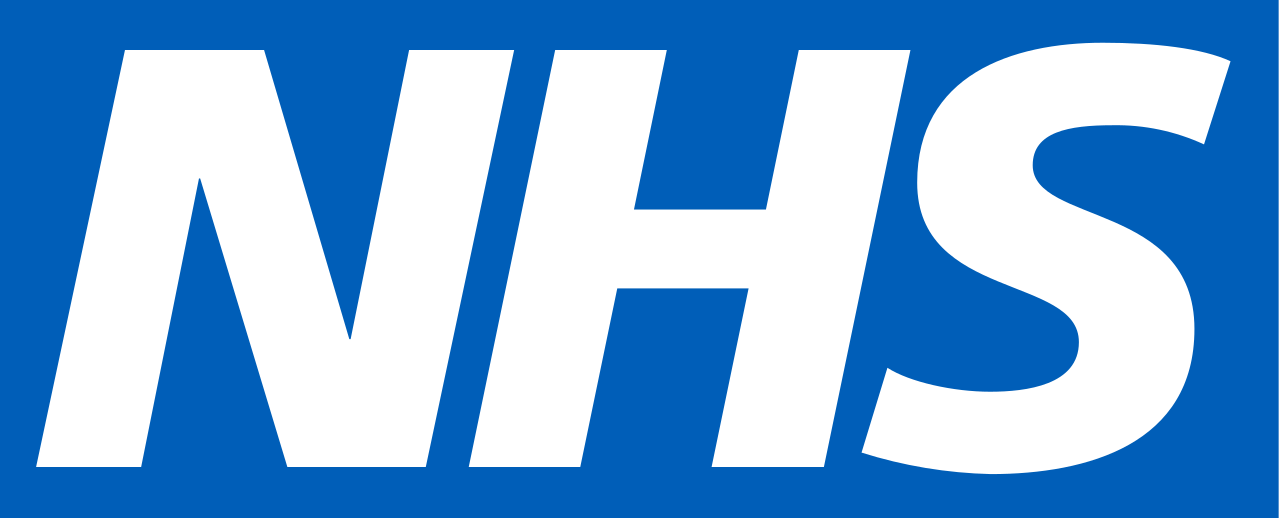This year has been a rollercoaster for all of us, with confusing messages about what we can do to stay healthy. The good news is that there is more that you can do beyond wearing a mask or physical distancing. Now that we’re 6 months into the pandemic, there is a LOT that we’ve learned about how the virus acts and who is most likely to be affected adversely by it.
Here are the 6 Vitamin and Mineral Deficiencies found in COVID-19 patients, which means that incorporating them through food and lifestyle would reduce the virus’ virulence:
• Melatonin
Shown to reduce inflammation. The elderly or people who do not get good quality sleep and have low melatonin stores, are vulnerable. You can rectify this by getting good quality sleep, i.e. in bed and asleep by 10pm.
• Vitamin A
Found in organic liver, orange vegetables like carrots, butternut squash, peppers and pumpkin. Vitamin A is anti-inflammatory, enhances immune function, and supports the lining of the respiratory tract.

• Vitamin C
Contributes to immune defence by supporting various cellular functions of the immune system. The RDA of 1000mg simply isn’t adequate when we’re faced with illness, which is a physiological stress. Therefore, we need to be consuming more vegetables and, if possible, supplementing with Liposomal Vitamin C or using Vitamin Infusions – which was administered successfully in ICU units in Shanghai, New York and Philadelphia to COVID patients who recovered.
• Vitamin D
Enhances immune system function, reduces viral growth, and can reduce upper respiratory infections. It’s particularly low in people with darker skin who live in the northern hemisphere so, yes, more Blacks, Asians, Hispanics and Middle Easterners are affected. Start by getting more sunlight, eating more Vitamin D rich foods, like mushrooms and eggs or supplementing with Vitamin D3 – with K1, and K2, and Magnesium (the latter increases the bioavailability of the D3).

• Selenium
A co-factor for Glutathione, the body’s master antioxidant. We want to be supporting Glutathione production as often as possible. Brazil nuts are a great food source of Selenium.
• Zinc
A large body of research shows that zinc has strong anti-viral properties against many viruses. It’s not the easiest mineral to get from food, so supplementing is advised. It’s also best taken with Quercetin, a bioflavonoid found in citrus, berries and onions.

And finally, I’ve seen one or two journal articles mentioning the overgrowth of harmful bacteria in the GI tract of COVID patients. Remember 90% of the immune system is in the GI tract. Which means we need to be eating foods that are anti-inflammatory and health promoting, rather than processed, high sugar or high starch. Choose lots of green vegetables, lean protein and healthy fats like Omega-3s.
About Raewyn Guerrero
Raewyn Guerrero is a Functional Medicine Health Coach, and an authority on preventive health, anti-ageing, brain health and mental wellbeing.
Book your initial consultation with her now to get to the root of your health issue.
BOOK NOW
#covid19 #coronavirus # VitaminDeficiency #MineralDeficiency #covid19Patients #RaewynGuerrero #zinc #selenium #vitaminD #vitaminC #vitaminA #melatonin



























































































































 Care for Carers
Care for Carers